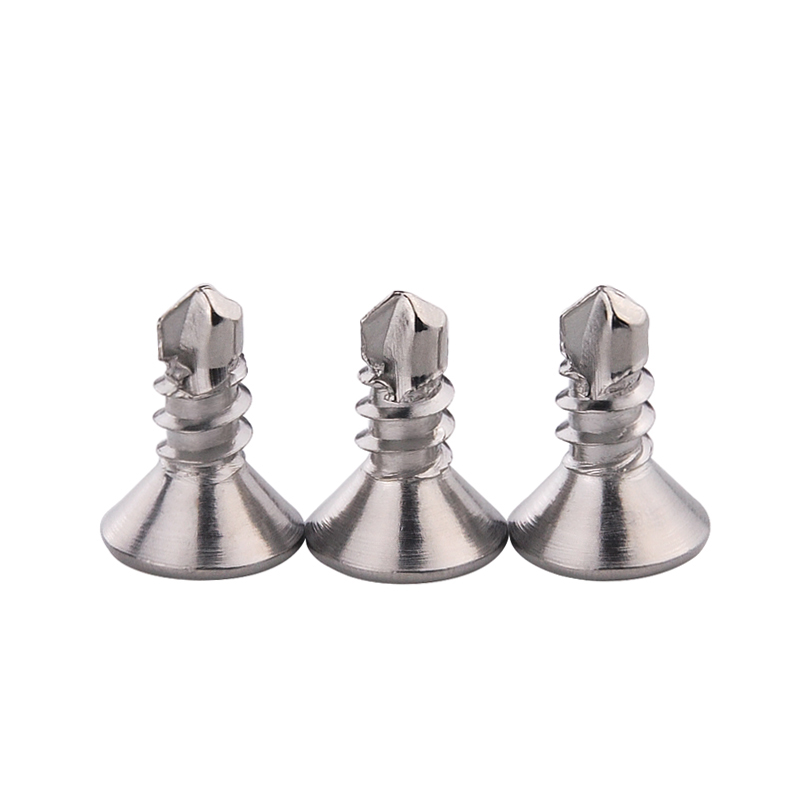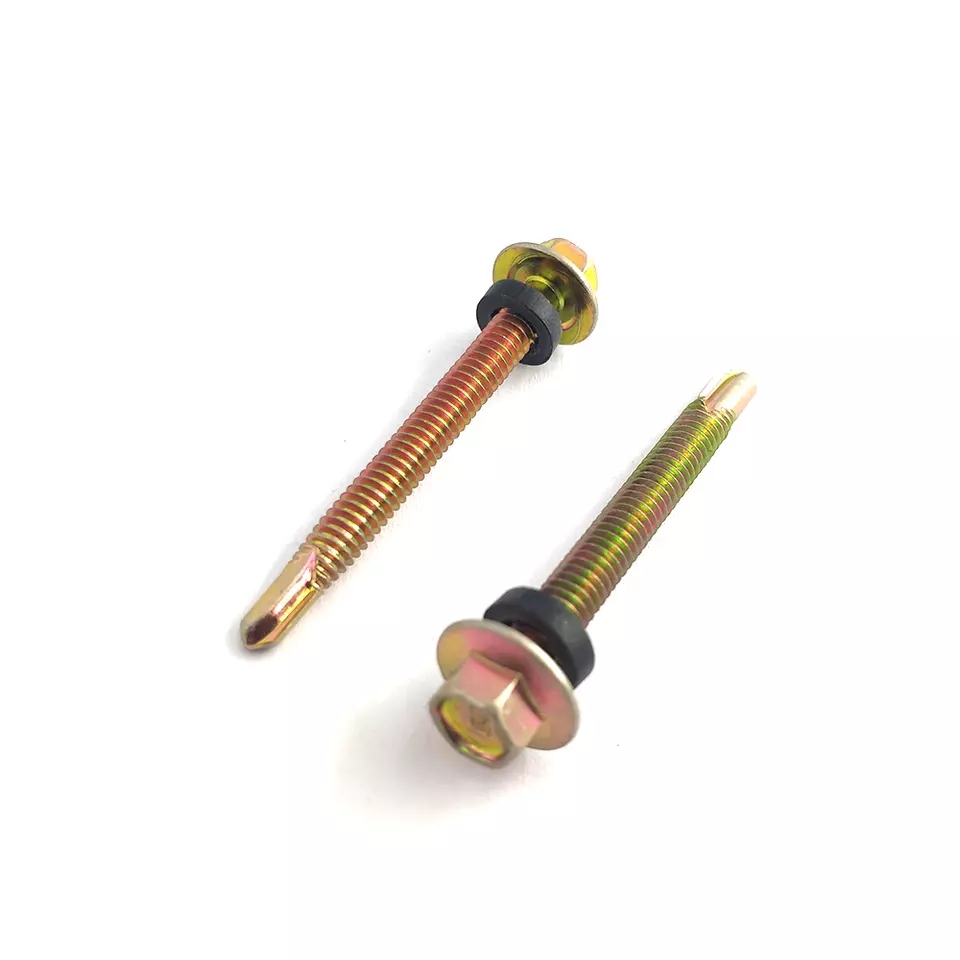- Time:2023/07/06 Posted:Dongguan prospect hardware accessories co.,ltd
Understanding the Basics of Standard Fasteners
Standard fasteners are vital components used in various industries, including construction, manufacturing, and automotive. They are essential for joining two or more objects together securely. This article will explore the different types, functions, and benefits of standard fasteners, providing a comprehensive understanding of their importance in diverse applications.


1. Types of Standard Fasteners
Standard fasteners encompass a wide range of products, each designed for specific purposes. Common types include nuts, bolts, screws, washers, and rivets. Nuts are internally threaded and used to secure bolts, while bolts are externally threaded and used with nuts to hold objects together. Screws have spiral ridges and are self-tapping, providing a secure grip. Washers, which come in various forms, distribute the load and prevent damage. Rivets are used for permanent fastening by connecting two or more materials using a pin and a solid head.
2. Functions and Applications
The primary function of standard fasteners is to provide a secure and durable connection between different components. They are used in a vast array of applications, from building structures and machinery to assembling furniture and electronic devices. These fasteners ensure structural integrity, enable easy disassembly for maintenance or repairs, and prevent loosening and separation of components due to vibrations or external forces.
3. Benefits of Standard Fasteners
Standard fasteners offer several advantages over alternative methods of joining objects. Firstly, they are cost-effective, readily available, and compatible with a wide range of materials. They provide quick and easy installation, allowing for efficient assembly processes. Additionally, standard fasteners allow for adjustable connections, enabling fine-tuning and flexibility in positioning or aligning components. Moreover, they offer reliable and robust connections, ensuring the safety and durability of the overall construction or assembly.
4. Importance of Quality and Standardization
To ensure the effectiveness and reliability of fastening systems, it is crucial to prioritize quality and standardization. Standard fasteners must meet specific requirements and undergo rigorous testing to ensure consistent performance. Using inferior or non-standard fasteners can compromise the integrity of structures or assemblies, leading to safety hazards, operational issues, and costly repairs. Therefore, it is essential to select fasteners that comply with recognized industry standards.
5. Conclusion
Standard fasteners serve as the backbone of various industries, providing the critical connection between components. Their diverse types, functions, and benefits make them indispensable in countless applications. Understanding the different types of fasteners, their applications, and the importance of quality and standardization is vital for ensuring robust and reliable connections in any project or industry.
